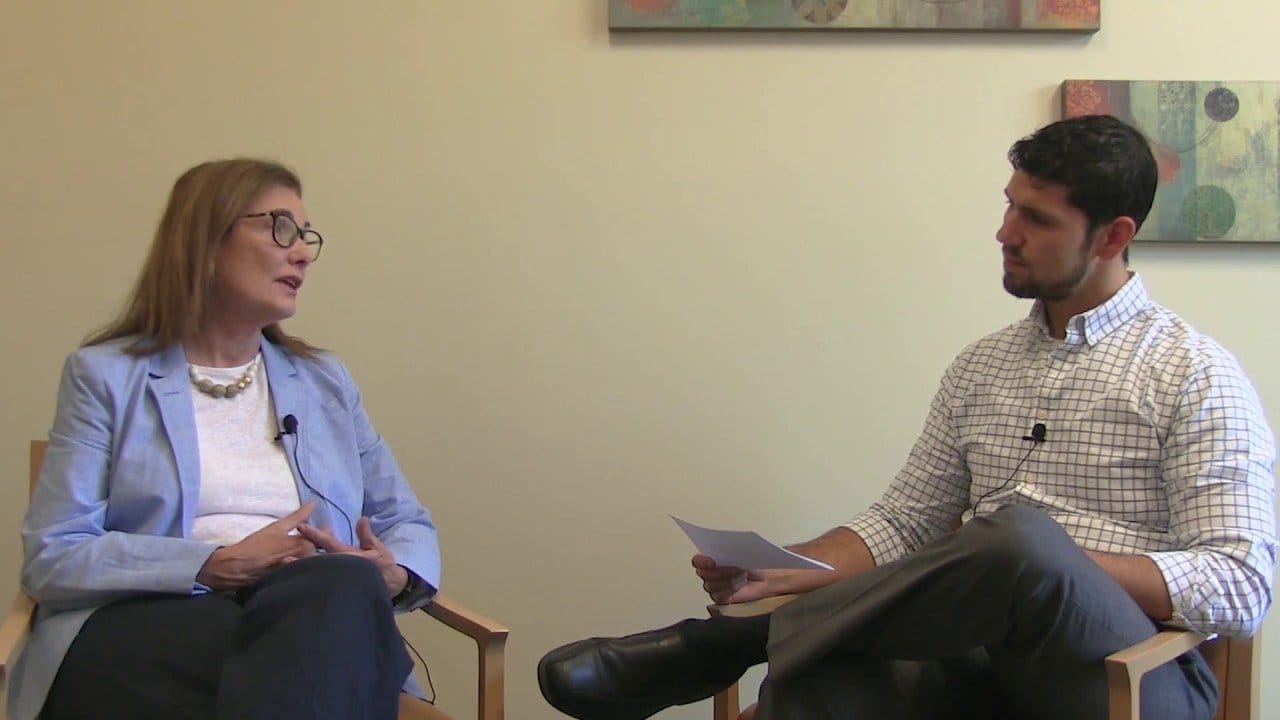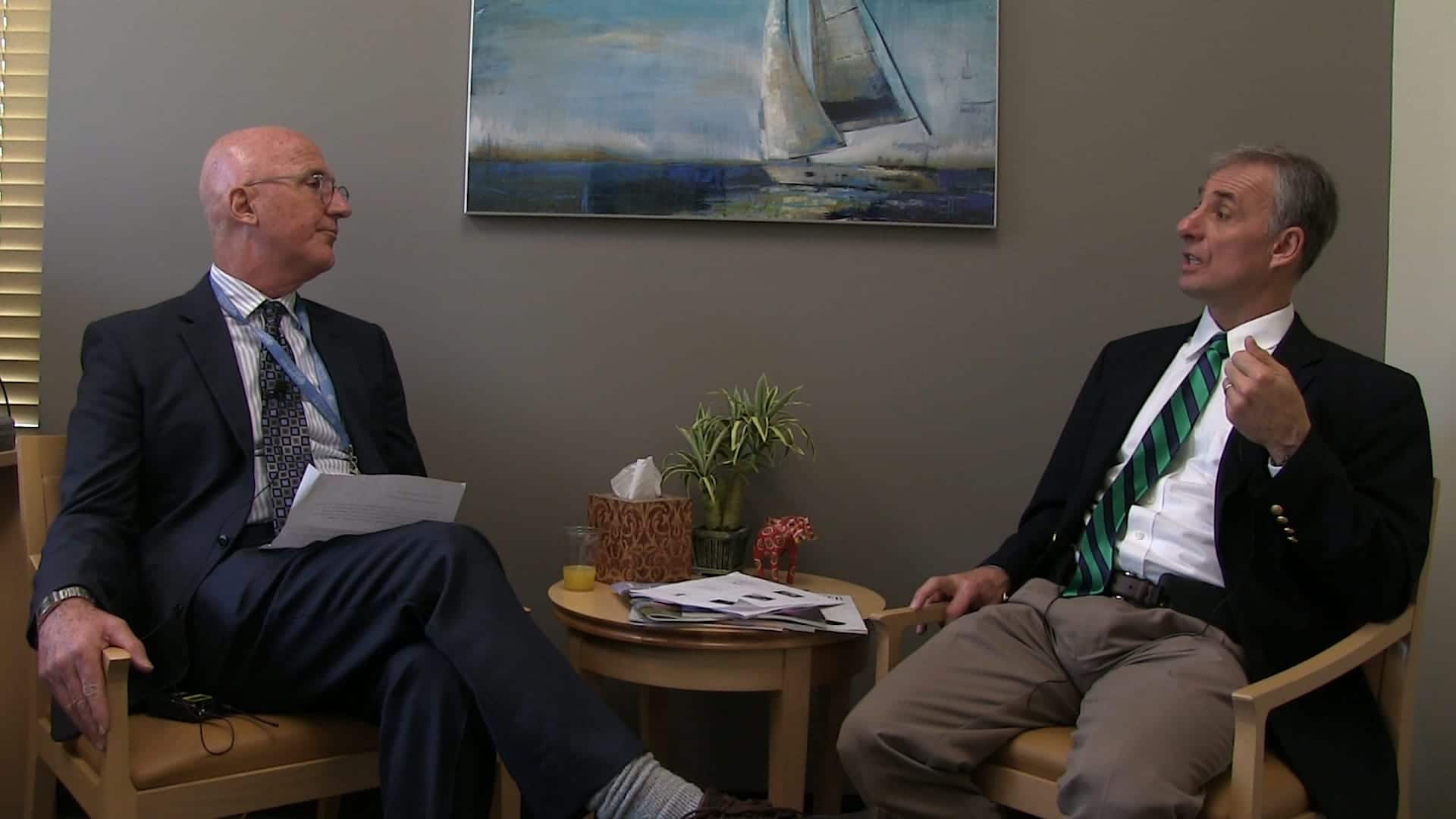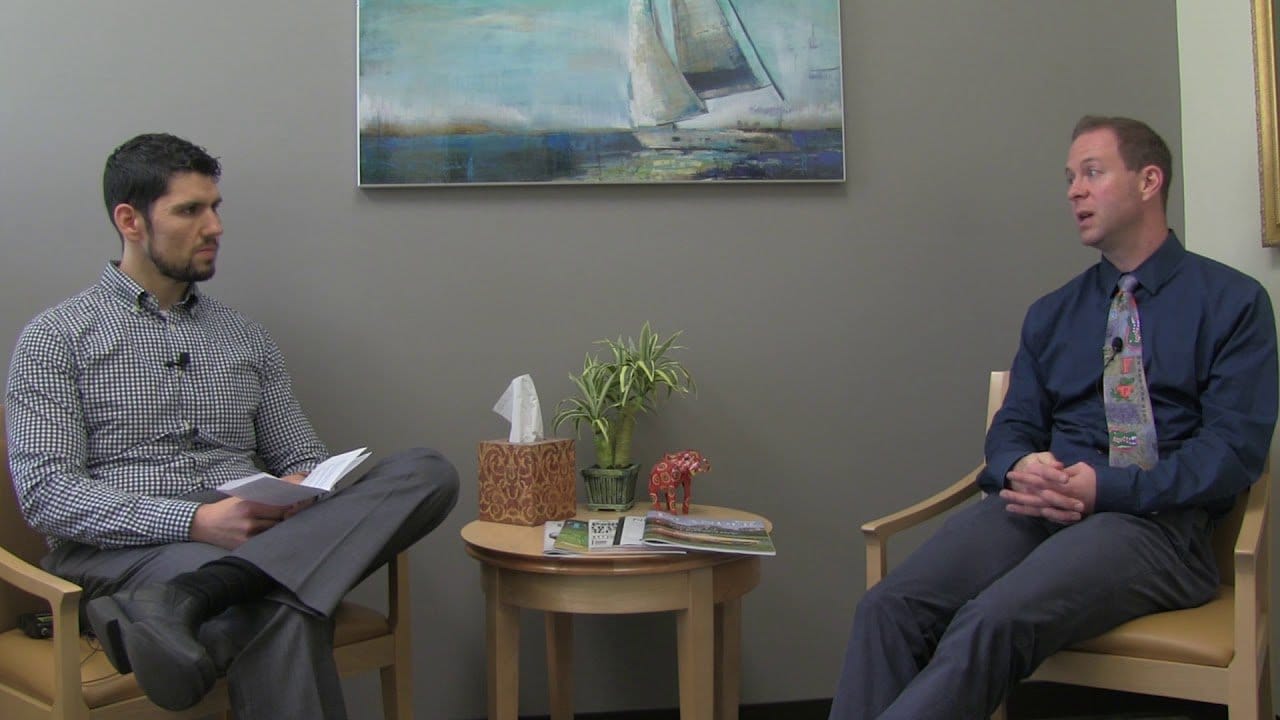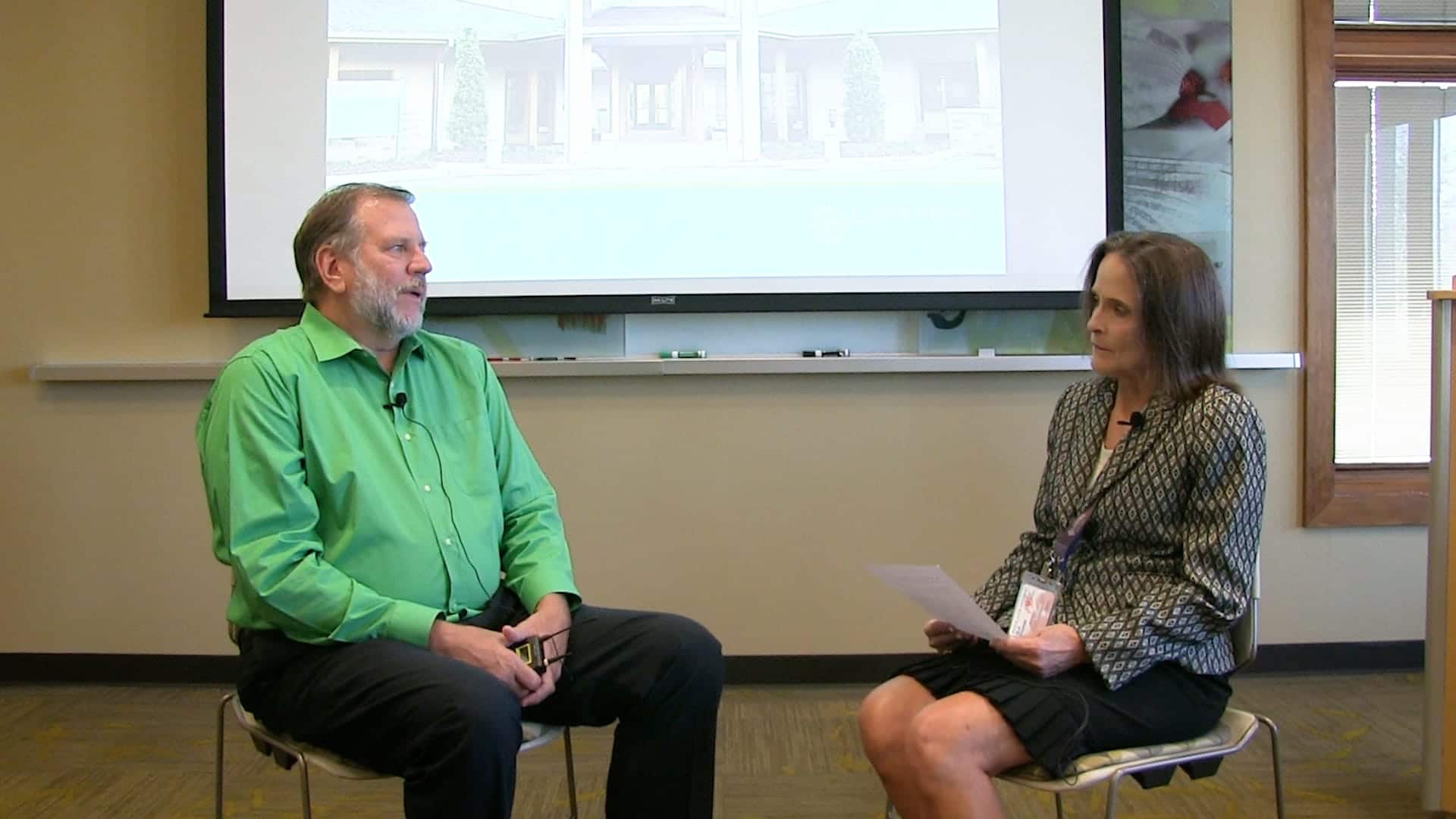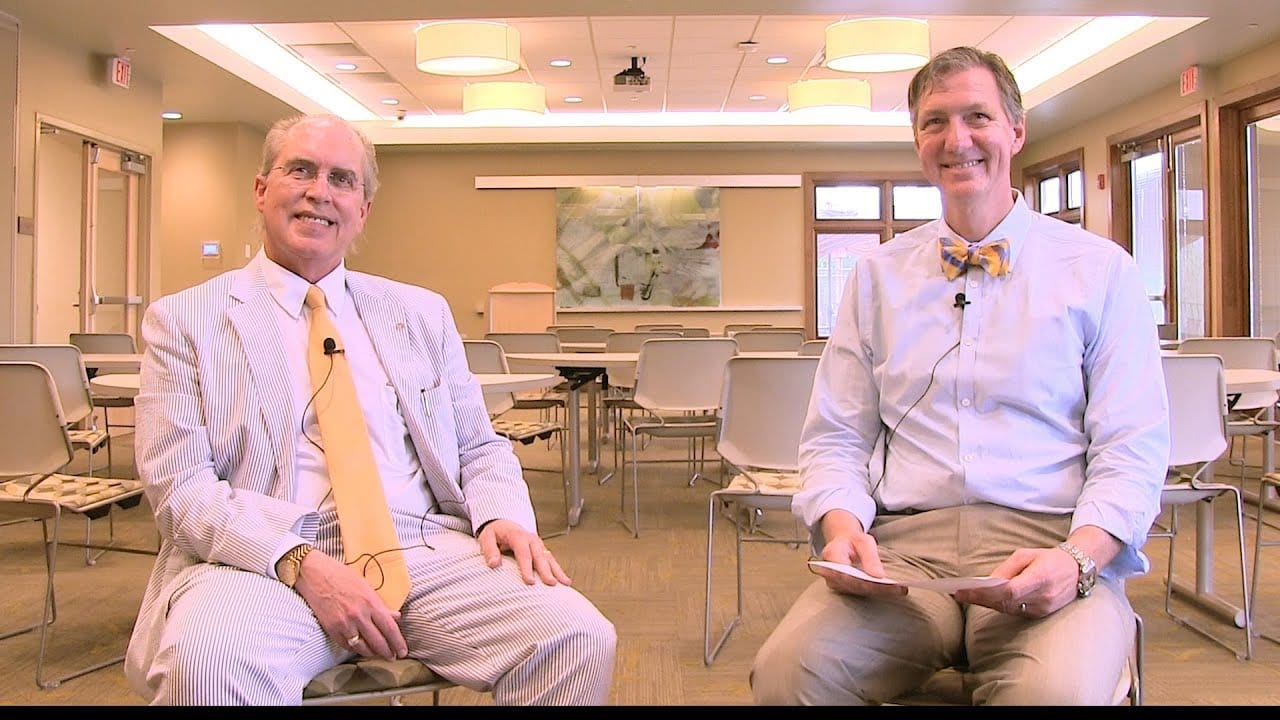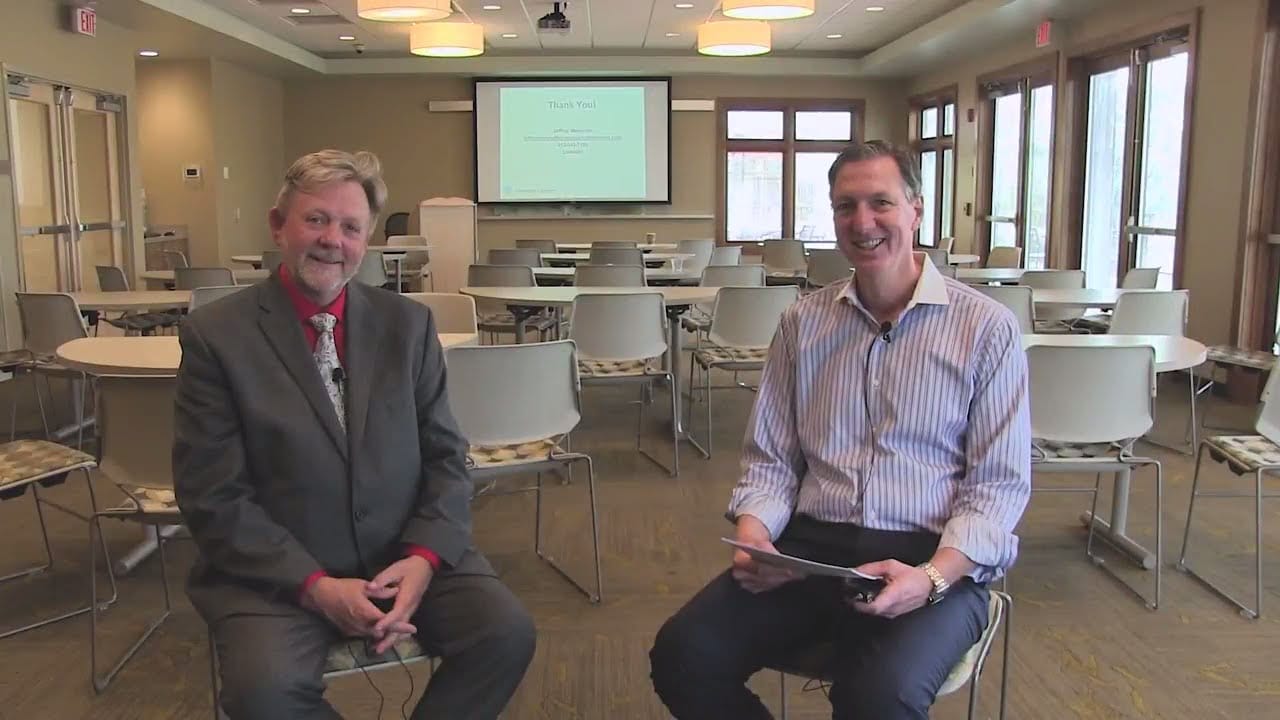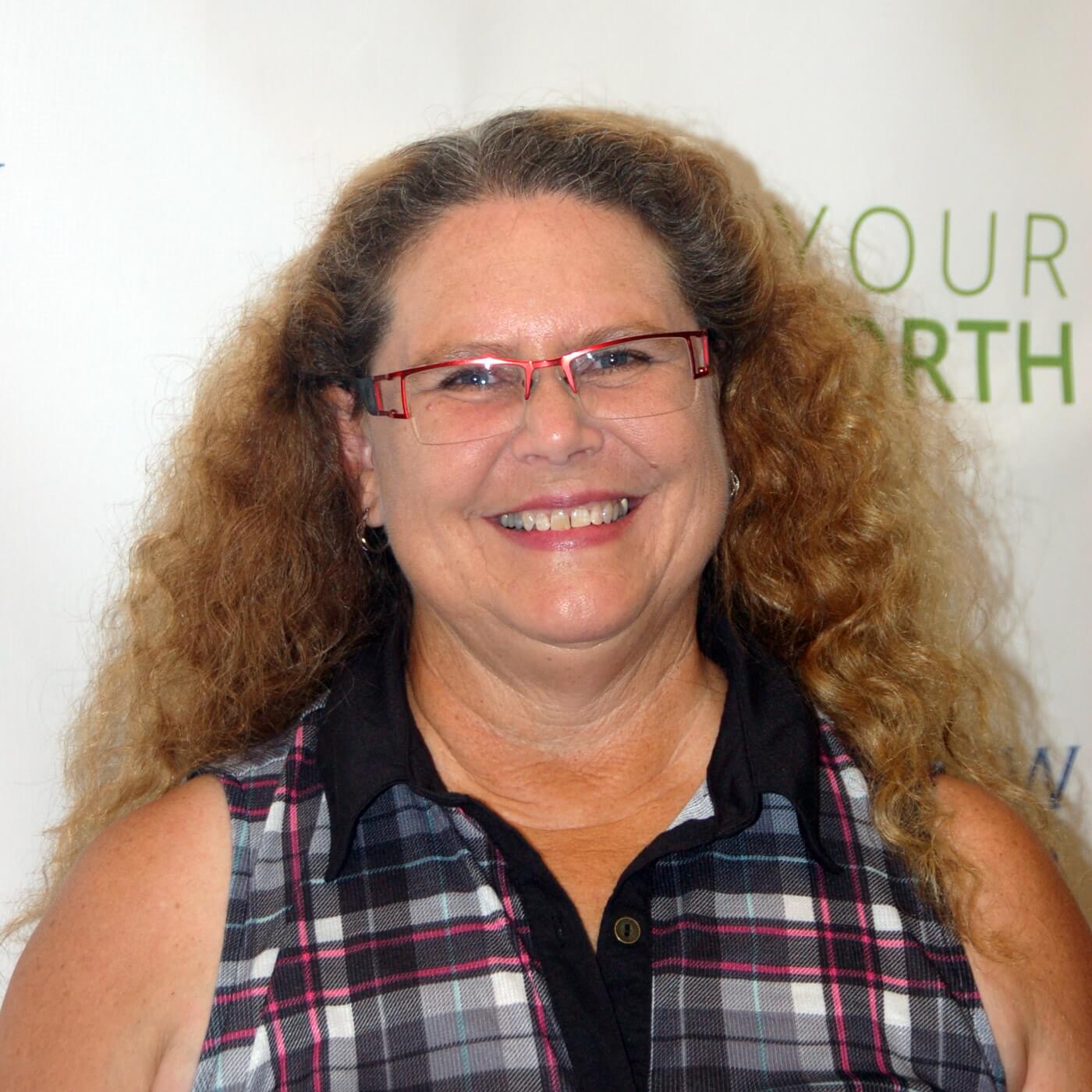

By: Lakeview Health
In this podcast, we take some time to talk with StarrLee Heady, president and owner of PX Equine Enterprises, who we recently partnered with for our Equine Assisted Therapy program.
Podcast Transcript
Gina Thorne: Hello everyone and welcome to the Lakeview Podcast Series. I’m joined today with StarrLee Heady who is with PX Equine Enterprises in Green Cove Springs, Florida. Welcome, StarrLee. StarrLee Heady: Thank you! Gina: It’s good to have you here. We have started using your farm, if you will, to do equine assisted therapy, and I know that you are the president and the owner of that program. Before we get into talking about PX Equine Enterprises, can you tell us a little bit about your background and how you got into the area of working with equine assisted therapy? StarrLee: Sure. So I grew up on the Montana/Wyoming border so horses, and having them help me make sense of my life, has just always been there. When I became a therapist, I was looking for a way to incorporate that and I looked at several different organizations that use horses to help people. We kind of settled on the EAGALA model, which is the Equine Assisted Growth And Learning Association, and the reasons why we did was because it was a good fit from both the equine side and the clinical side. They have a code of ethics, they require a licensed therapist available to see clients independently is part of the team, and then a qualified horse person is there as part of the team. So there’s attention to both emotional and physical safety, so it was a good fit for me both on the horse side and the clinical side. I’ve been certified through them for 15 years. Gina: Wow. And so you also offer trainings to clinicians in addition to offering equine assisted therapy to clients. StarrLee: Mmm hmm. Twice a year we usually host an EAGALA training and then we also do some of our own CEU workshops on the property. Gina: That’s fantastic. So PX Equine Enterprises has a really strong national reputation and you mention that it has the EAGALA model. Can you tell us what this means specifically as it related to mental health and addiction? StarrLee: Well, I think it’s really important that, clinically and ethically you have a strong basis; that there’s a clinical foundation to see folks that are dealing with addictions and for the EAGALA model that means that that’s monitored. You have to do continuing education, you have to certify every two years, and it’s worldwide. So there are EAGALA clinicians now in over 50 countries and so there’s a large theoretical base and there’s a large practitioner base so you can have peer supervision and mentoring and all of those things are in place for this model through that organization. Gina: And so how does that help from an addiction treatment side? Can you talk to us a little bit about what your experiences have been in working with people who are working a program of recovery and how does that look from horsemanship and mental health? StarrLee: Well my experience with addiction started back in 1985, so it’s been a long journey for me and a lot of it was through the traditional route. And when I certified as an equine assisted psychotherapist it was just kind of a natural switch. What I see is that horses can be large and a little intimidating, so the clients kind of are ready to attend to them and the horses are very able to pick up non-verbals. If we have someone show up from an IOP and they’re actually altered or using, the horses know it before the therapists do. It’s not safe for them to be in an environment where somebody is altered. So as heart rates change, as thinking changes, and the physiological part of that comes along with it, the horses respond differently to the clients. So whatever comes up; they’re stuck, they don’t know what to do, they’re frozen for a horse that’s a dangerous place. So they either see that person as being in jeopardy, needing protection, or they see them as not being safe for them to be near because for a horse, their natural environment is that they don’t have any weapons, much like our clients don’t. They have no sharp teeth, they have no claws, they just have to really learn how to read the environment in order to learn how to be safe. I think that’s very powerful when clients recognize it quite quickly, that they walk in thinking the horses are powerful and perhaps even aggressive and scary but then they start to realize they’re just really aware and they’re making healthy choices so they can survive. And that’s pretty quick to hit clients. Gina: They can see that right away. And do you do a lot of group process with them after they do each exercise? StarrLee: Not necessarily. Sometimes to stop and process verbally takes them out of the experience and since the horses don’t process verbally, sometimes we want them to stay in that experience with the horses as long as we can and maybe ask two or three questions and kind of give them something to think about, but we may not process in the same way traditionally. Gina: Do you have any examples of an experience that you witnessed where a patient came in and was working with one of the horses and they had an “ah-ha” moment? StarrLee: Well, even others watching. We had a lady come in and she was also struggling with depression but she hadn’t really told anyone that she had struggled life-long with depression. There were six people in the group and six horses in the arena and they went out into the center and we asked for volunteers to go out and meet one of the horses. She walked out to a particular horse and didn’t touch him, just got within about 10 inches and then she sat down in the dirt. And you’ve been to our barn, that dirt is, I mean, it’s DIRT, it’s not shavings, and the horse laid down next to her. Gina: [Gasp] StarrLee: And a lot of the group did just what you did. They went GASP, and some were frightened that maybe they needed to go move him away if he laid on her, so we just kind of held that for them so that everybody could kind of handle their own anxiety about what was happening for them, and they stayed down there for almost 10 minutes. She laid down flat in the dirt, he laid down flat. He laid there until she sat up, and when she sat up he kind of rolled up on his haunches, and she didn’t say anything. There were no words, and she didn’t say anything for quite a while. There’s physical movement ways where you can kind of structurally inhibit too much talking, too many questions, so that there’s a respect and emotional safety there. About 20 minutes later, I just asked her, “So what happened?” and she said, “That’s the first time anybody has been willing to be with me in my depression. Everybody has some way that I should behave or something I should do, but nobody has ever just been with me.” Gina: Wow. StarrLee: And for her that was just, this lady was in her 50s, and so that was very profound for her and she spent about six more weeks working with that horse. This is not something you teach the horses. Their different personalities respond to different things with the clients just like we do. Gina: You are so lucky to be able to watch and witness so much of these things. StarrLee: It is pretty amazing. Gina: I would think so. So if someone wanted to learn more about the trainings or wanted to access services at PX Equine Enterprises, how could they get in touch with you? StarrLee: They can go to our website, its PXEquine.com or they can call us. It’s 904-529-7999. Gina: Ok well thanks so much for taking the time to talk to us about equine assisted therapy and we are really glad to be working with you! StarrLee: Thank you and we are glad to have you. Gina: For those of you that are interested in learning more about Lakeview Health, we invite you to visit our website at lakeviewhealth.multiplica.dev or if you need help right away and you know someone that is struggling with addiction and they need residential treatment, please call us at 866-460-8416.
